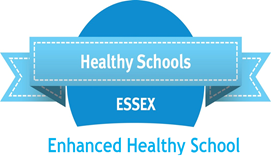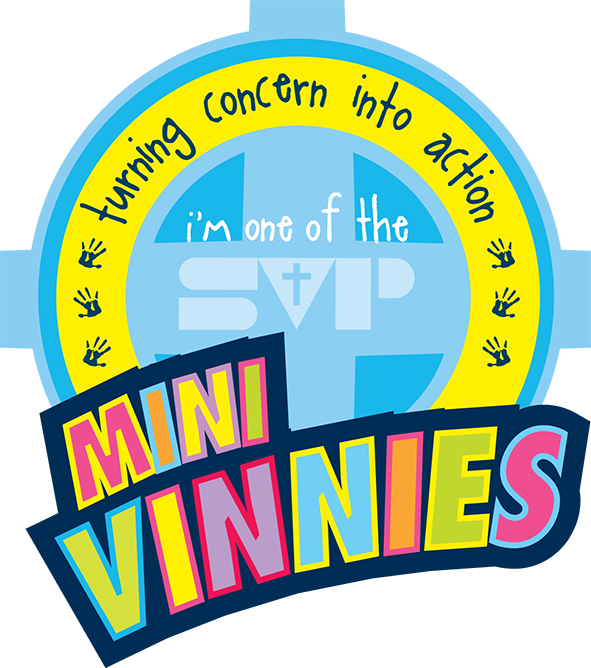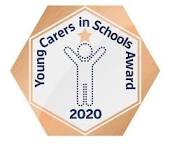Pupils with medical conditions
We have taken our guidance from the 2015 DfE publication, Supporting pupils with medical conditions.
- medicines should only be administered at school when it would be detrimental to a child’s health or school attendance not to do so
- no child under 16 should be given prescription or non-prescription medicines without their parent’s written consent – except in exceptional circumstances where the medicine has been prescribed to the child without the knowledge of the parents. In such cases, every effort should be made to encourage the child or young person to involve their parents while respecting their right to confidentiality. Schools should set out the circumstances in which non-prescription medicines may be administered
- a child under 16 should never be given medicine containing aspirin unless prescribed by a doctor. Medication, eg for pain relief, should never be administered without first checking maximum dosages and when the previous dose was taken. Parents should be informed
- where clinically possible, medicines should be prescribed in dose frequencies which enable them to be taken outside school hours
- schools should only accept prescribed medicines that are in-date, labelled, provided in the original container as dispensed by a pharmacist and include instructions for administration, dosage and storage. The exception to this is insulin which must still be in date, but will generally be available to schools inside an insulin pen or a pump, rather than in its original container
- all medicines should be stored safely. Children should know where their medicines are at all times and be able to access them immediately. Where relevant, they should know who holds the key to the storage facility. Medicines and devices such as asthma inhalers, blood glucose testing meters and adrenaline pens should be always readily available for children and not locked away. This is particularly important to consider when outside of school premises, eg on school trips
- a child who has been prescribed a controlled drug may legally have it in their possession if they are competent to do so, but passing it to another child for use is an offence. Monitoring arrangements may be necessary. Schools should otherwise keep controlled drugs that have been prescribed for a pupil securely stored in a non-portable container and only named staff should have access. Controlled drugs should be easily accessible in an emergency. A record should be kept of any doses used and the amount of the controlled drug held in school
- school staff may administer a controlled drug to the child for whom it has been prescribed. Staff administering medicines should do so in accordance with the prescriber’s instructions. Schools should keep a record of all medicines administered to individual children, stating what, how and how much was administered, when and by whom. Any side effects of the medication to be administered at school should be noted
- when no longer required, medicines should be returned to the parent to arrange for safe disposal. Sharps boxes should always be used for the disposal of needles and other sharps
Record keeping
36. Governing bodies should ensure that written records are kept of all medicines administered to children. Records offer protection to staff and children and provide evidence that agreed procedures have been followed. Parents should be informed if their child has been unwell at school.
Emergency procedures
- Governing bodies should ensure that the school’s policy sets out what should happen in an emergency situation. As part of general risk management processes, all schools should have arrangements in place for dealing with emergencies for all school activities wherever they take place, including on school trips within and outside the UK.
- Where a child has an individual healthcare plan, this should clearly define what constitutes an emergency and explain what to do, including ensuring that all relevant staff are aware of emergency symptoms and procedures. Other pupils in the school should know what to do in general terms, such as informing a teacher immediately if they think help is needed.
- If a child needs to be taken to hospital, staff should stay with the child until the parent arrives, or accompany a child taken to hospital by ambulance. Schools need to ensure they understand the local emergency services cover arrangements and that the correct information is provided for navigation systems.
PLEASE RETURN THE FOLLOWING FORM TO SCHOOL IF YOU WISH US TO ADMINISTER MEDICATION DURING SCHOOL TIME. PLEASE ENSURE THAT YOU HAVE READ AND AGREE WITH THE GUIDANCE.











